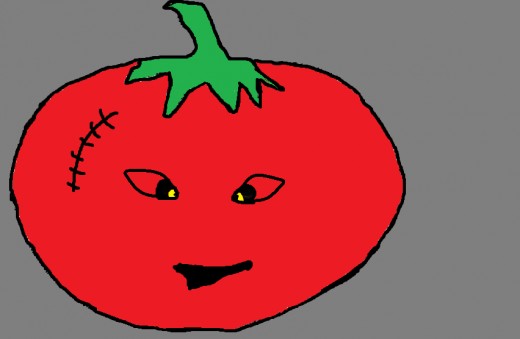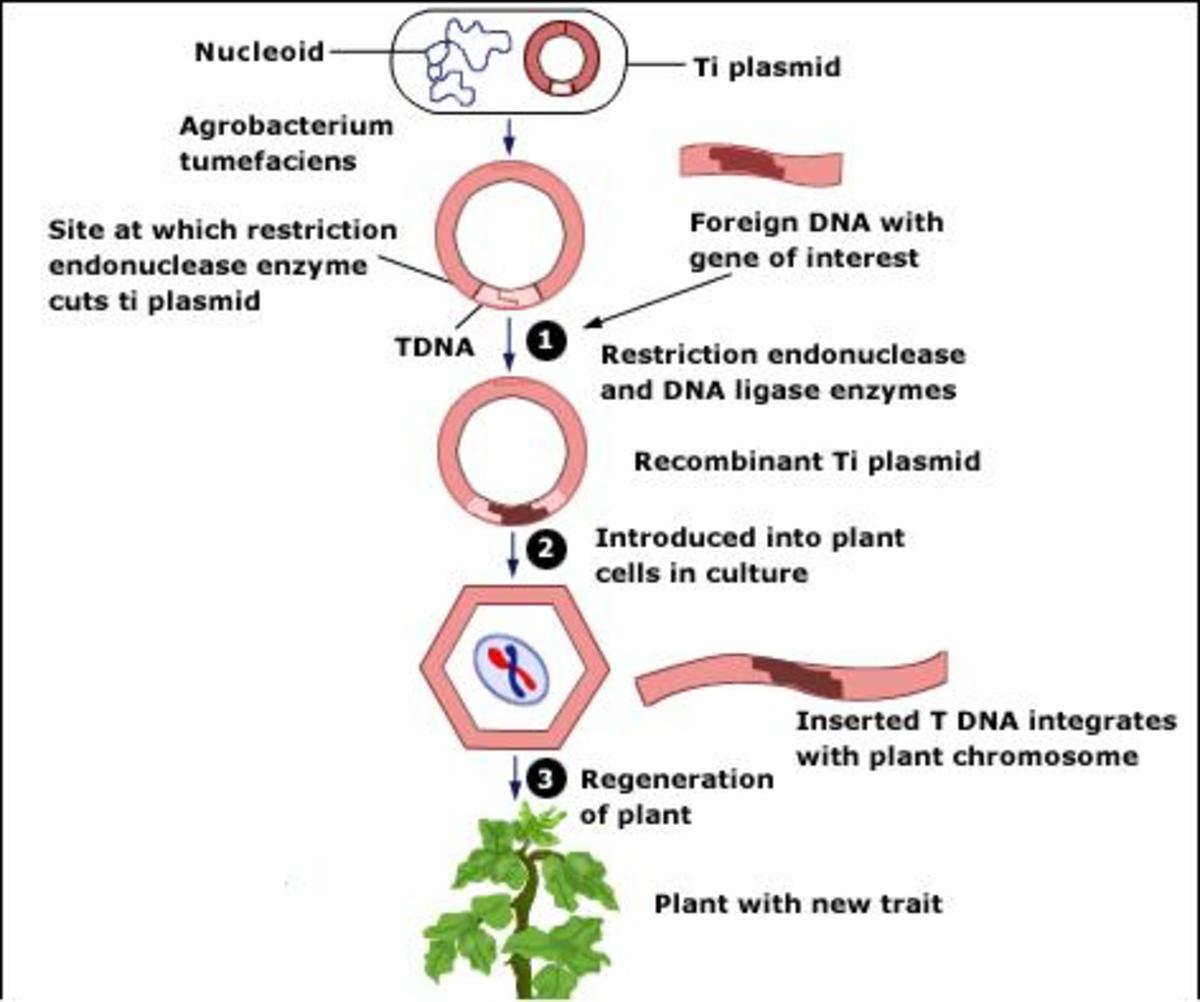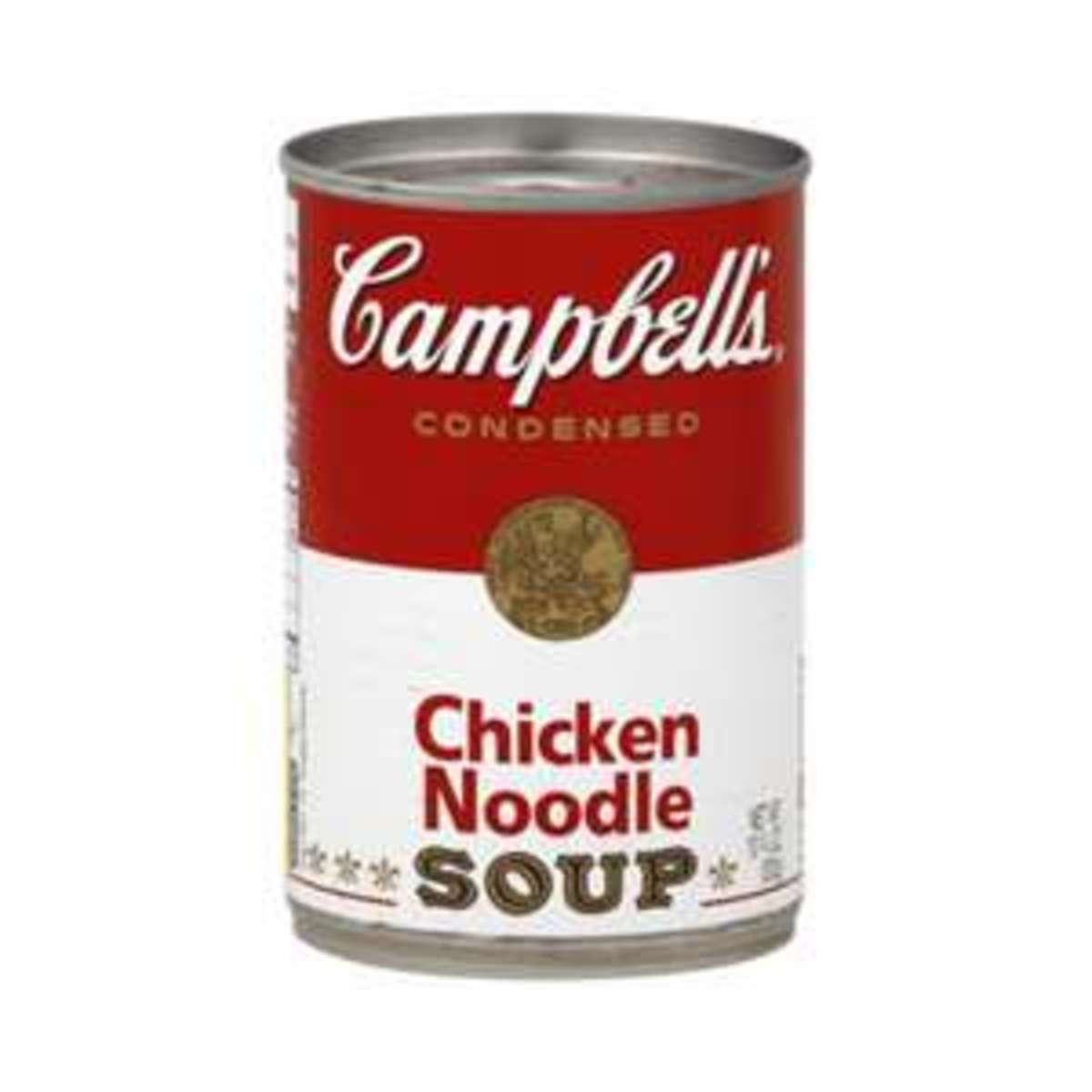What You Don't Understand About GMOs

"You just don't understand," they tell me, "GMOs are perfectly safe."
The term GMO stands for genetically modified organisms. Genetically modified organisms look, smell, taste and have a similar nutritional profile to foods that are familiar to us. They are developed with traits that increase their profitability using methods which include gene splitting and direct DNA manipulation. Since their first introduction, GMOs have been under fire. They are questioned by the organic community and criticized by proponents of whole foods, their safety is disputed at dinner and bargaining tables everywhere. They show up in books, and debates, and magazines, are omnipresent at the grocery store, and yet still remain unlabeled.
Those who are against GMOs seem to fall into two categories. There are those who have made up their minds to strongly oppose GMOs and move on. These are the hard headed bandwagon riders that GMO proponents tend to target in their discussions. Then there are the ones who make careful arguments against GMOs. They read, they research test results and ask questions. These individuals tend to be dismissed with a wave of the hand and a simple "You just don't understand."
That's the attitude that concerns me most in the GMO debate. Yes, I'm concerned about the development and use of genetically altered material in our food supply. But, I'm even more concerned about the dismissal of concerns and the fact that despite consumer demand, GMOs remain unlabeled. It doesn't matter if the consumers 'understand' or not. The whole point America's founding fathers were trying to make with the constitution was that as individuals, we have rights. Inherent rights to control what we do with our bodies and our minds. We have the right to own our beliefs, regardless of how well founded they are, as long as those beliefs aren't actively hurting other citizens.
This seems to be the crux of the labeling debate circling around GMOs. Proponents want to dismiss the arguments of those who want a label, for information to make their own decision, because we 'just don't understand' the facts. They feel that businesses have corporate rights to limit the information on a food label to what is proven to be important, and most likely to sell the product. "This food contains fats, calories, specific ingredients that may be relevant to health conditions". (there are exceptions). Despite the pressing concern of citizens, manufacturers are reluctant to label genetically modified food as genetically modified.
When food is certified kosher, companies proudly opt to display that evidence. When it is organic, it bears a label. But after all the time, effort and money they've poured into perfecting the process of genetic modification, companies don't proudly declare their associations. They instead find themselves fighting to reassure consumers with questions, and dismiss concerns regarding health, environment, and ethics. As consumers not involved in the process, we just don't understand.
But we can't stop eating, and they know it. So the debate continues, as the planting, reaping and distribution continues. The hope is that eventually this will be the norm. Eventually, we'll stop questioning those who supply us with food, we'll stop questioning or trying to control how we spend our hard earned money when it comes to food. Eventually, we'll understand.
Understand what?
Did You Know?
When shopping for produce, you can tell if your fruit or vegetables are genetically modified by looking at the little 4-5 digit code on the produce sticker. (This sticker is called a PLU) Numbers beginning with '8' are genetically modified. Numbers beginning with '9' indicate organically grown!
GMOs are Just Regular Food
This is a favored argument of GMO proponents, and it's also the way that GMO's managed to get into the marketplace. You see, there are a lot of foods that manufacturers, farmers and food providers want to serve up. The FDA is a busy entity. So any food product that is similar to other products in form and nutrient make up doesn't necessarily need to prove it's safety before being released to the public. An apple is an apple...whether it's a Macintosh, Pink Lady or a Red Delicious. And since each generation of fruits and vegetables tends to be a little bit different from the original, this little loophole saved thousands of dollars and billions of headaches.
Until Genetic Engineering entered the scene. Genetic Engineering enables scientists to analyze which traits that they want a specific crop to have, like resistance to the cold (for crops damaged by early frosts). Then they look at plants that have this trait, isolate that piece of DNA and try inserting it into the crop that lacks that gene. This way they sidestep the whole cross pollinating and finger crossing process, to isolate the specific genes they want to address. It sounds like the perfect solution. However, to those who are concerned about GMOs, the concept of fooling around with genes and DNA directly crosses a line. Genetically modified food is not obviously grown by innovative methods. Genentically modified papayas don't emit an eerie incandescent glow in the produce aisle, and genetically modified corn doesn't look any different in the animal troughs than the old fashioned kind. Soy, wheat, canola...they look like the same old plants you'd find growing in any field.
But they aren't. They contain transgenetic material which has been introduced to their DNA using non-natural means. (In ways not possibly simulated in the wild) Some studies show that GM corn may have caused toxicity in the kidneys and/or livers in rats. Genetically modified plants can be fall under patent; which the old fashioned ones don't. And genetically modified foods can create more questions in the world of food allergies. As much as scientists think we know about the world of DNA and genetics and our bodies, there is a plethora of information we just don't understand. And it takes a lot more than simply dropping a rock into the river to see what sorts of events the resulting ripples will set off.
The Most Commonly Grown GMOs Are:
- Cotton
- Corn
- Wheat
- Soy
- Sugar Beets
- Canola
- Papaya
GMOs Actually Reduce Pesticide Use
Another common argument of those who support Genetically Modified food is that it's actually better for the environment. They theorize that crops are developed with inherent traits that make spraying for pests unnecessary.
In reality, while some crops (like Bt corn) are developed to include certain pesticides within the plant intself (a practice that greatly concerns some health advocates), others are simply developed with the intent of making them capable of withstanding higher doses of herbicides. Killing off the weeds without having to personally tend the fields would increase crop yield and profit, while cutting labor costs. In theory, it sounds reasonable. But, again, when you dig a little deeper, the problems begin to arise.
Let's put aside the concern of growing crops that create their own pesticides for human or livestock ingestion. The fact that crops are created to withstand heavier doses of herbicides is a problem. Herbicides used to kill off weeds in the fields run off into streams and rivers. Current studies show that there are traces of glyphosate, an endocrine disruptor found in commonly used herbicides such as Round Up, in our air and water supply. Low level exposures can cause cumulative effects in our immune system, reproductive system, and our cognitive abilites. (They are associated with learning disabilities and birth defects) In addition, glyphosate specifically inhibits a plant's ability to absorb certain nutrients from the soil. Which means that even though it's easier to grow those crops...they don't provide the same nutritive value that their organic counterparts do.
And, to make matters even more complicated, as anyone familiar with Darwin's theories of evolution knows, using pesticides or herbicides on crops simply helps the surviving plants to become resistant. The weeds that survive the onslaught adapt and become superweeds; undesirable plants that are stronger than ever and can not be defeated with a small amount of chemicals applied as a 'last resort'. In fact, according to this article, not only has unexpected rootworm damage occurred in four states, a Dow study shows up to 20 million acres of soy and corn fields may be infested with herbicide resistant weeds. The suggested solution? Closer monitoring, crop rotation and practices that limit areas planted with resistant crops and...More chemical use to curb the problem.
Somehow looking for new, more effective ways to combine pesticides and herbicides isn't quite what I have in my mind when discussing ways to support the environment.
Do You Think GMOs Should be Labeled?
Do You (or Would You) Knowingly Purchase Genetically Modified Food?
If We Label It, People Won't Buy It
Frankly, this may be the most disturbing argument of all. According to the Just Label It campaign, polls repeatedly show that over 90% of consumers want GMOs to be labeled. As Americans, we want the freedom to choose whether our foods were developed in the fields or under a microscope.
But genetic engineers and advocates disagree. They argue that by simply labeling genetically modified crops, as requested and demanded by consumers, they would create further consumer concerns that are unfounded by facts. They feel that unless, or until, there are direct damages which are verifiably linked to the use of genetically altered materials, these techniques should be used without any censure.
In essence, as consumers, we may have to eat, but we don't get the final say over what goes into our bodies. Because that's what it boils down to. Unless you have a huge backyard, a penchant for farming, the time and space to grow and nurture a farm...not to mention the wherewithall to make it work, you need to rely on others for at least some of your nutrients. In today's society, those others aren't your neighbors, and the local farms are located just far enough away to make regular visits too much hassle. (Not to mention the fact that not all farms can welcome visitors without violating regulations. Making farms accessible to the general public, even on occasion, can be cost prohibitive.) The average American has to shop at the local grocery store, using only what's on a label and their own five senses as a guideline.
Proponents of genetically modified food seem to think that they alone are responsible for answering questions regarding the ethics and safety of the methods used to develop improved varieties of plants. They forget that as the end consumers, the public does have some final say in the process. Most people presume that the produce they find in the produce department was grown in a field using old fashioned cross pollinating processes. (Granted, the vast majority of consumers are hazy as to what that really means.) When they begin to learn about genetic modification, they begin to ask questions. Not everyone likes the answers they find.
There are concerns about long term impact of foods that are manipulated to grow their own pesticides or herbicides, or for pharmaceutical purposes. There are concerns about long term health risks. There are concerns about questionable results from a variety of studies. People want to be cautious.
The trouble is, in order to be cautious, you need information. Most people would be horrified to learn that the powers that be slipped a supplement into the municipal water supply without taking a vote. (Note: To my knowledge, no city currently fortifies their water without public knowledge) Genetic modification, whether it's actually harmful or not, crosses a line in the cultivation process that many people are uncomfortable with. The fact that the public wants food grown using specific methods to be labeled should be enough for the powers that be to agree to labeling them.
While some might argue that it's enough to have organic and GMO free food labeled, the problem comes with the risk of drift and contamination. The prospect of testing (and potentially destroying) portions of every single crop for gmo contamination is just as daunting, if not moreso, than the process of simply labeling products that are intentionally grown using a process that is known to be objected to by a large percentage of the population.
Labeling the process does not create a misperception. Labeling simply entails taking responsibility for a choice, and giving consumers the knowledge and power they need to make their own decisions.
After all, as consumers we trust companies with our health, and that of our children, when we purchase and consume their products. The least they can do is trust us with a choice and the truth.








